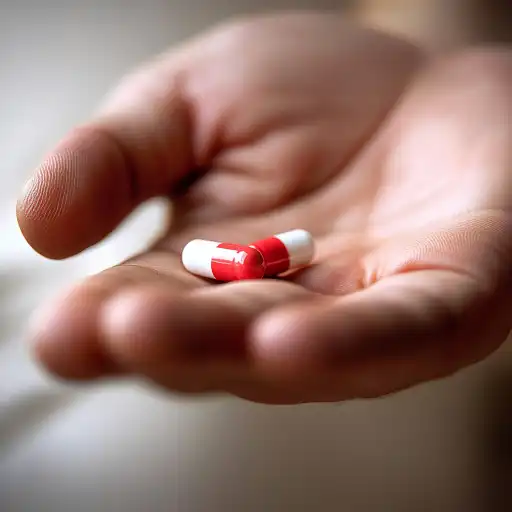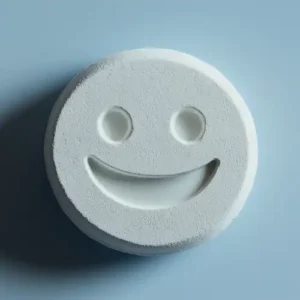Pregabalin is a medication prescribed to treat certain types of nerve pain and epilepsy, as well as anxiety. It is a drug that works by way of blocking the release of some neurotransmitters in the brain. The neurotransmitters targeted by pregabalin are those neurotransmitters that are involved in sensations of pain, in addition to those neurotransmitters that play a role in causing seizures.
Pregabalin is an effective treatment for nerve pain caused by diabetes, shingles, surgery, or an injury. Off-label uses include in the treatment of fibromyalgia; it has been prescribed to help alleviate anxiety and panic attacks. Pregabalin can be taken orally or intravenously, depending on why it is prescribed.
Though it works, it also opens one to dependence and addiction and increases the chance of overdose with other drugs, hence it has been controlled since 2019. In the UK, it has been upgraded as a Class C controlled substance.
The Steadily Growing Menace Of Pregabalin-Linked Deaths
This has been associated with a worrying increase in deaths related to pregabalin use in the past years and raises questions over the safety of the drug and how it is prescribed. The number of fatalities associated with pregabalin more than doubled in England and Wales between 2018 and 2022, rising from 187 to 441 deaths. Though small compared to the US opioid crisis, those figures are hard to ignore.
But here comes the kicker: pregabalin itself is not usually the villain on its own. The kill is often in its interactions with other substances. More than 90 percent of deaths related to pregabalin were related to opioids like methadone and morphine. Alarmingly, in some 75 percent of those cases, those opioids had not been prescribed to the person who died.
So what’s going on here? In a way, it’s sort of a perfect storm. On the one hand, the number of pregabalin prescriptions has increased: in 2022, 8.4 million were handed out in the UK alone — that’s from 5.5 million in 2016. More prescriptions translate to more chances for misuse or accidental interactions.
On the other hand, pregabalin has made its way onto the street drug scene. The ability of this drug to create feelings of euphoria and relaxation places it in high demand by those looking for a high. However, without proper medical direction, users may not know the fatal dance that they do by mixing pregabalin with other drugs.
What Can Be Done?
The solution is not that straightforward: just slapping tighter restrictions on pregabalin. After all, the medication is genuinely helpful to many people battling nerve pain, epilepsy, or anxiety. What experts really would like to see is:
- Better education for prescribers and patients on potential risks and drug interactions
- More communication between mental health and addiction treatment services to avoid dangerous drug combinations
- Enhanced harm reduction and support within areas of high social deprivation
- Increased research into understanding the reasons behind people using pregabalin with other drugs
Bottom line: Pregabalin is a rescuing medication, but it can be dangerous. If you are being prescribed pregabalin, discuss openly with your doctor any other medications or substances you may be taking. Your life depends on it.
The Growing Crisis In 2024
As of 2024, the misuse of pregabalin has escalated into a significant public health concern, particularly affecting vulnerable populations such as the homeless community. Recent reports indicate that pregabalin has overtaken substances like Spice as the “drug of choice” among homeless individuals in some urban areas, with pills often available for as little as £1 each on the street.
The statistics paint a grim picture of the drug’s impact. Between 2018 and 2023, pregabalin was cited on 1,625 death certificates in England and Wales – nearly four times the number recorded in the previous five-year period. This sharp increase has prompted a government review into how the drug is controlled.
Experts warn that pregabalin is especially dangerous when combined with other substances like heroin or alcohol, a common practice among users. More than 90% of pregabalin-related deaths involve other substances, highlighting the compound risks of polydrug use.
The crisis has led to calls for more comprehensive addiction support services, particularly for homeless individuals who are disproportionately affected. Local authorities and healthcare providers are grappling with the challenge of providing effective interventions while respecting the autonomy of vulnerable individuals with complex needs.
As the situation evolves, there’s an urgent need for increased awareness, both among medical professionals prescribing the drug and the general public, about the potential dangers of pregabalin misuse. The ongoing government review may lead to changes in how the drug is regulated and prescribed, aiming to strike a balance between its legitimate medical uses and preventing its misuse.
Side Effects And Risks
Pregabalin side effects include, but are not limited to, the following: dizziness, drowsiness, sleepiness, weight increase, trembling, dry mouth, swelling, difficulty with vision, breathing difficulty, behavioural changes, and suicidal thoughts.
A Channel Four documentary sounded the alarm over the increase in pregabalin prescriptions in 2022, with the drug, which was described as having links to 1 in 10 drug deaths in England.
Pregabalin is very useful for certain types of pain in nerves and for epilepsy. However, it does come with serious risks. Discuss these risks with your doctor to identify whether this is the best treatment for your situation.
Photo by Dima Mukhin on Unsplash
Zoom Testing is a leading UK drug testing company and a supplier of Drug Test Kits.
This post was originally published in January 2015 and has been updated since.





